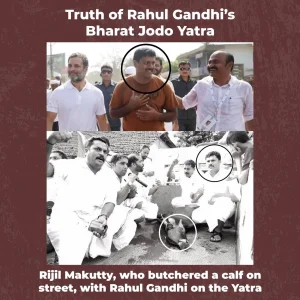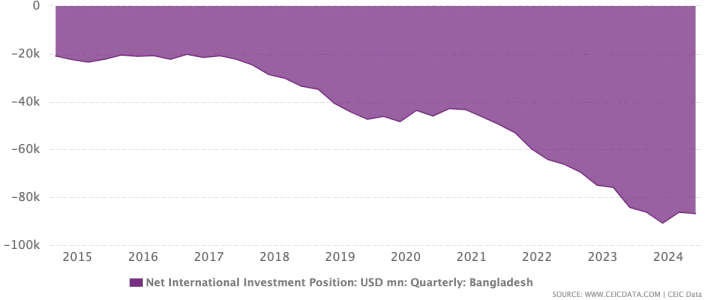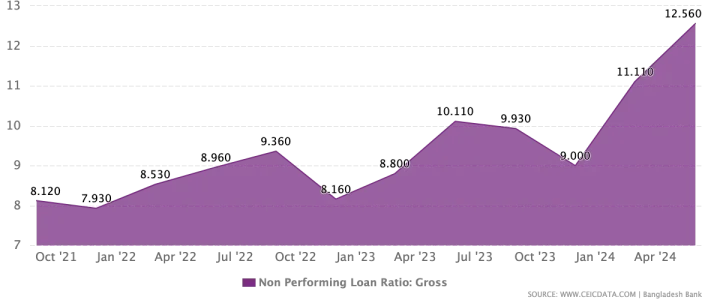US Policy on Bangladesh Stirs Concerns in India
The sudden eruption of student-led protests in Bangladesh seemed more about drawing attention than any clear issue, culminating in a coup by the military. Surprisingly, power was quickly handed over to a Nobel laureate with no political experience.
Behind the scenes, it’s clear someone was orchestrating this upheaval. Sheikh Hasina’s government was not as harsh as portrayed post-coup. In fact, under her leadership, Bangladesh’s economy, particularly its textile sector, flourished, with exports exceeding $40-50billion annually. The country’s per capita GDP now stands above $2,000, significantly higher than its pre-independence figure of $90 in 1971. Bangladesh had also held several democratic elections, the most recent just 10 months prior, re-electing Hasina.
So, what triggered the ousting of an elected government? It wasn’t a popular uprising, but external forces at play. While concrete evidence is still emerging, clues point to outside intervention.
The first hint came from American media. The U.S. administration had been actively working to destabilize Hasina’s government, displeased by her independent foreign policy and domestic crackdowns on dissent. Some of these measures, while harsh, were not unique—similar actions have been seen in the U.S. itself regarding recent student protests in favour of HAMAS uprising in Gaza. These days harshest measures are being adopted by Pakistani government in Bulochistan and North West Frontier Provinces. The U.S. has not reacted adversely to these.
Foreign interests, including American backing, and assistance from Pakistani ISI, played a role in manipulating student groups. U.S. goals included removing Hasina’s government for several reasons: Bangladesh’s refusal to join the QUAD alliance, its friendly ties with China, and opposition to U.S. ambitions in the region, such as military access to St. Martin’s Island. Most cumbersome to understand is the U.S. working behind the scene to carve out a Christian nation with big part of Bangladesh, Myanmar and a few districts of India. Sheikh Hasina government thoroughly opposed it.
India was caught off guard by the several weeks of turmoil. India has long had a complex but cooperative relationship with Bangladesh, having invested in energy, infrastructure, and disaster aid. Despite differences, India valued stability under Hasina’s leadership, especially considering its role in Bangladesh’s creation in 1971.
As democracy faltered in Bangladesh, India was left to grapple with the consequences. The true drivers of this upheaval remain unclear, but outside forces played a decisive role in destabilizing the region. At the moment, India is hands off, which is pleasing the U.S. but for how long. This political upheaval will increase Muslim immigration into India, which India cannot allow. India also has to worry about 13 million Hindus in Bangladesh who are being held hostages by the Islamist groups. Although the Bangladeshi Army chief has reassured Hindu minority of all help but these promises are forgotten during political upheaval.
The current leader, appointed by the military, is a Nobel Laureate and well-known figure, but lacks political experience. I have serious doubts about his ability to govern a nation of 170 million people, many of whom are poor. He’s appointed several student protest leaders as ministers or administrators, but they too are inexperienced and, at best, still learning the ropes of governance.
India is observing from a distance, reasoning that if this upheaval was driven by U.S. interests, then it’s up to the U.S. to handle the consequences.

timesofindia.indiatimes.com


















